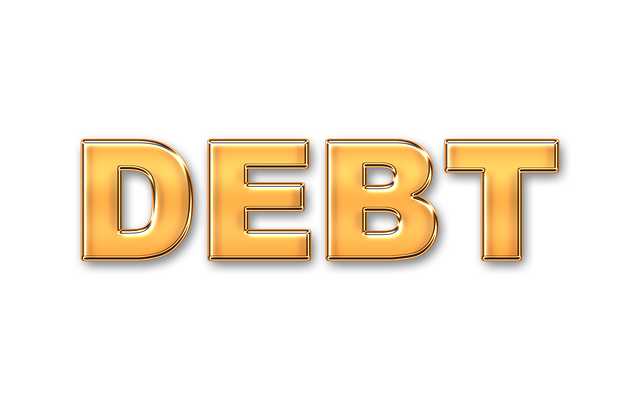Understanding title loan minimum requirements is vital for approval. Lenders assess vehicle value, repayment ability, and conduct a credit check. Proof of ID, ownership, and income is needed. Title loans offer lien-free ownership, allowing borrowers to keep their vehicles during and after repayment, unlike traditional loans with collateral. While flexible, this method carries risks of debt traps and repossession if repayment fails. Weigh benefits against drawbacks, focusing on title loan minimum requirements.
Title loans offer quick funding, but understanding the minimum requirements is crucial before applying. This article breaks down the essential factors lenders consider, ensuring you’re informed about the process. We explore what constitutes lien-free ownership and how it impacts your ability to secure a title loan. Additionally, we weigh the benefits and risks involved, providing insights to help borrowers make informed decisions regarding this alternative financing option centered around Title Loan minimum requirements.
Understanding Title Loan Requirements

When considering a title loan, understanding the minimum requirements is essential. Lenders will typically assess your vehicle’s value, your ability to repay the loan, and conduct a thorough credit check. The latter is a standard procedure to evaluate your financial health and determine eligibility for such loans. These short-term cash advances, often referred to as Houston Title Loans, can be a quick solution for those in need of immediate funds. However, it’s crucial to meet the minimum criteria set by lenders to increase your chances of approval.
The credit check is a critical aspect, as it scrutinizes your credit history and score. While it may seem intimidating, many title loan providers offer flexible options, especially for borrowers with less-than-perfect credit. They understand that unforeseen circumstances can lead to financial strain, and they’re willing to work with individuals to find suitable solutions. So, if you’re in Houston and exploring cash advances, be prepared to provide proof of identification, vehicle ownership, and income to navigate the process successfully.
What Is Lien-Free Ownership?

Lien-free ownership refers to a state where an individual possesses full legal rights and control over their asset, free from any liens or claims that could restrict their autonomy. In the context of title loans, this means the borrower retains unencumbered ownership of their vehicle throughout the loan period and upon repayment. It’s a crucial aspect of securing quick funding without sacrificing long-term ownership, contrasting with other types of loans where collateral often includes the transfer of asset ownership.
Understanding lien-free ownership is essential when considering short-term financial solutions like cash advances or loan extensions. Unlike traditional loans that may require pledging assets as collateral, title loans allow borrowers to maintain possession while providing a temporary financial safety net. This flexibility can be particularly beneficial for those in need of rapid access to capital, ensuring they retain control over their belongings and assets throughout the entire process.
Benefits and Risks Explained

Title loans offer a unique financial solution for individuals needing quick access to cash. One of the main advantages is their flexibility; compared to traditional loans, they often have less stringent loan requirements, allowing people with poor credit or no credit history to qualify. This alternative financing method is particularly appealing to those who own a valuable asset, as it leverages vehicle equity to secure the loan, eliminating the need for a complicated application process.
However, this convenience comes with risks. The primary concern is the potential for individuals to fall into a cycle of debt if they are unable to repay the loan on time. Lenders often have shorter repayment periods, and failure to meet these loan requirements can result in additional fees and penalties. Furthermore, if the borrower defaults, the lender has the right to repossess the vehicle, regardless of its valuation or emotional significance to the owner. Thus, while title loans provide a quick fix, they should be considered carefully, balancing the benefits against the potential drawbacks.
When considering a title loan, understanding the minimum requirements and exploring lien-free ownership options is essential. By familiarizing yourself with these concepts, you can make informed decisions that best suit your financial needs. Remember, while title loans offer quick access to cash, they come with benefits and risks. Ensure you weigh the advantages of immediate funding against potential drawbacks like interest rates and the possibility of losing your vehicle if unable to repay. Prioritizing responsible borrowing practices will help safeguard your financial future.






